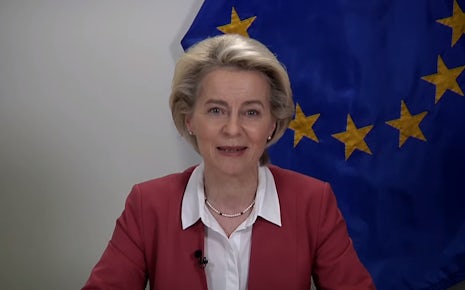A Handbook for the Practice of Cyber Diplomacy serves as a practical guide for future diplomats navigating this rapidly evolving field. While progress has been made, cyber diplomacy remains a young field of international relations. This handbook equips new generations of cyber diplomats with foundational understandings, with an emphasis on the art of diplomacy rather than technical cybersecurity or international relations theory.
Cyber diplomacy has become part of the diplomatic portfolio of every nation. As international recognition of the challenges stemming from cybersecurity grows, and as cyber issues have increased in international prominence, a series of multilateral and bilateral diplomatic efforts have sought to create common understanding, reduce risk and improve stability. While these efforts have produced successes in the UN and other multilateral forums, much work remains. The international landscape is shifting in ways that call for more confidence building and dialogue among states, as well as with the private sector and civil society, indicating a growing demand for diplomatic skills to navigate this fast-evolving area.
Cybersecurity is a relatively recent addition to the field of international security and foreign policy. The first two UN Groups of Governmental Experts (GGEs) on cyber issues often included technical specialists or academics as national representatives. However, by the GGE in 2015–2017, leading nations recognised the importance of sending experts with diplomatic and negotiating skills if there was to be progress in creating a common understanding of responsible state behaviour in cyberspace. The need for those who are knowledgeable in the art of diplomacy as it applies to cyberspace has only grown with the difficulty of the task.
This handbook features over 20 essays by practitioners and experts on cyber diplomacy, along with forewords by the High Representative for Foreign Affairs and Security Policy / Vice-President of the European Commission, Kaja Kallas. These essays offer an immediate examination of the state of cyber diplomacy and where it needs to go as nations take forward the work on the framework for responsible state behaviour in cyberspace.



